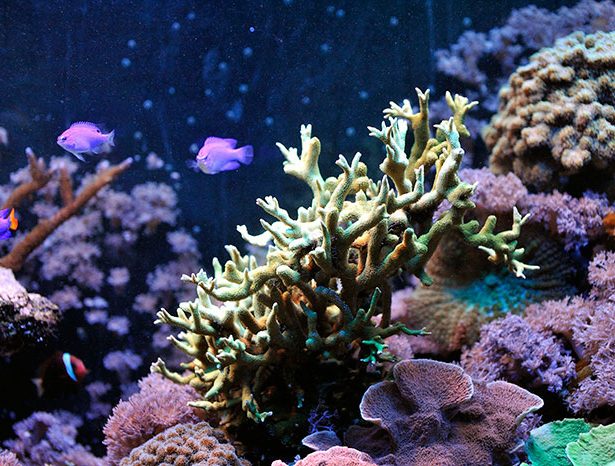According to the World Union for Conservation of Nature (IUCN) one of the most important factors influencing the reduction of biodiversity on Earth is overexploitation of species by humans. In the early 1970s, a special international agreement was established, called the Convention on International Trade in Endangered Species of Wild Fauna and Flora (CITES).
The Washington Convention, through a system of special permits, regulates the international (cross-border) trade in specimens of certain plant and animal species, as well as products derived from them, such as watch straps made of crocodile skin. Presently CITES covers about 30 thousand plant species and 5.6 thous. animal species. Species included in the Washington Convention are in 3 annexes (denoted by Roman numbers: I, II and III) and, depending on the annex they appear, the agreements differ slightly.
Aquarium is a shelter for animals from the CITES list. Some of them come from illegal transports detained in Poland by customs officers. Most of the CITES species in the aquarium are from Annex II.
Annex I
Contains a list of endangered species for which trade for commercial purposes is prohibited.
Annex II
Contains a list of species that are not necessarily endangered by extinction, but uncontrolled trading could quickly lead to their extinction. Therefore, the export or import of these species (as well as the products thereof) must be authorized.
Annex III
Lists the species that are protected in a given countries.


